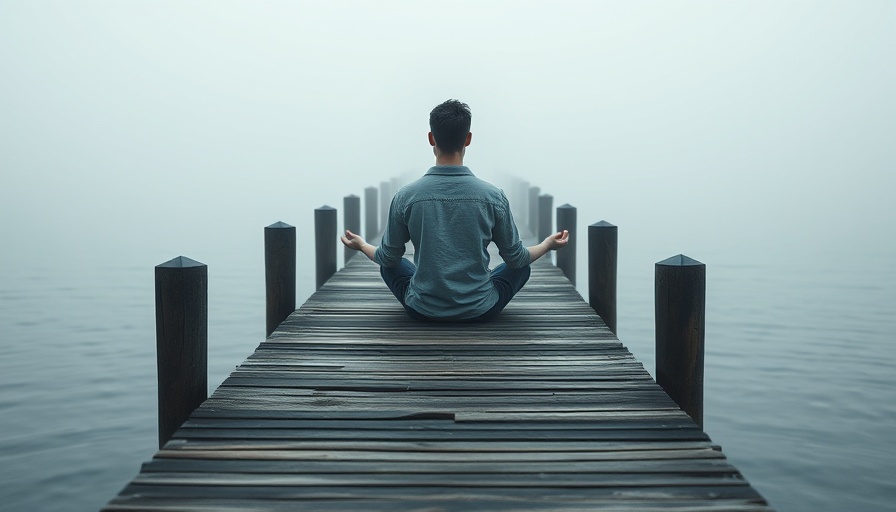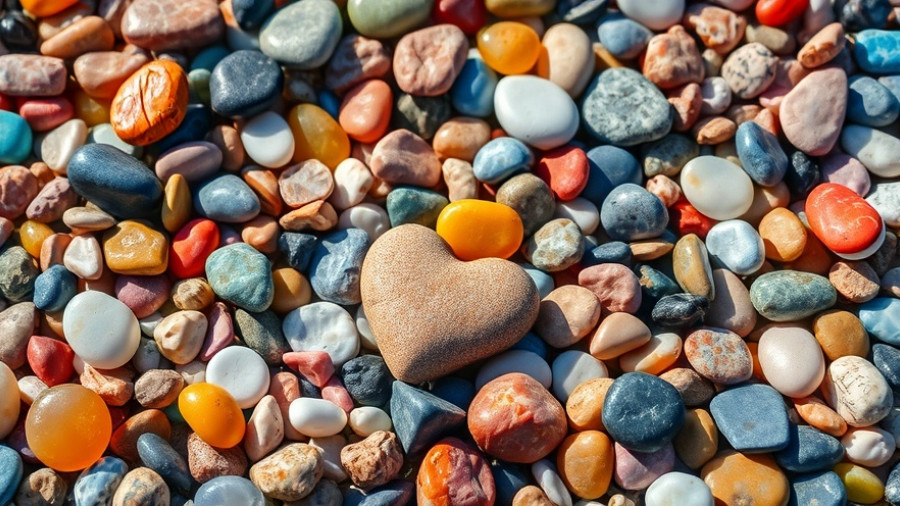
Rediscovering the Art of Doing Nothing: A Parent's Perspective
In today’s fast-paced world, parents often juggle multiple responsibilities, leaving little room for rest. The ancient wisdom of renowned Zen master Thich Nhat Hanh resonates profoundly in this context: "If you cannot stop, you cannot be." This statement highlights the crucial need for mindfulness and the practice of simply doing nothing, a concept that might seem counterintuitive in our achievement-driven society.
The Importance of Rest and Recovery
Just as our bodies need physical rest to heal and recover, our minds and hearts require downtime to recharge. Continuous action can lead to mental fatigue and stress. For parents, who often carry the burden of ensuring their family's well-being, finding even a moment for self-care and relaxation can drastically improve their mental health. By embracing the 'art of doing nothing,' you create a space for reflection, recharging, and reconnecting with yourself.
Mindfulness and Its Impact on Parenting
The practice of mindfulness, which includes doing nothing, has been shown to reduce anxiety and improve emotional regulation. Parenting, while rewarding, can also be a source of stress. Taking time to slow down and practice mindfulness can foster better relationships not just with your children but also within yourself. Mindful practices, such as meditation, yoga, or simply taking a walk in nature, encourage parents to cultivate a state of presence that allows them to respond to their child's needs more effectively.
Understanding the Holistic Benefits of Doing Nothing
Incorporating periods of stillness into life can have broad effects. These moments are not just about resting; they are about healing. Consider how holistic rehabilitation approaches often emphasize the importance of mental, emotional, and physical well-being. Similarly, doing nothing can be seen as part of a holistic approach to family wellness. Healthy family dynamics require more than just physical presence; they demand emotional availability and mental clarity.
Actionable Insights for Busy Parents
How can parents incorporate the practice of doing nothing into their busy lives? Start small: designate a few minutes each day to engage in a relaxing activity without distractions—this could be meditative breathing, enjoying a cup of tea, or simply sitting quietly. Encourage your family to join you in these moments—it can help transform your home into a sanctuary of rest and recovery.
Counterarguments: The Drawbacks of Constant Activity
Some might argue that inaction leads to missed opportunities or that resting makes them unproductive. However, constant busyness can lead to burnout, which ultimately hinders productivity and creativity. Embracing periods of inaction can actually result in renewed energy and enhanced focus, allowing for more effective engagement in every aspect of life—be it work, parenting, or personal pursuits.
Creating a Family Culture of Mindfulness
As parents, you have the unique ability to establish a culture of mindfulness within your family. Discuss the value of rest and encourage your children to embrace quiet moments. Create family rituals that promote relaxation, such as a weekly movie night with no interruptions or spending an evening outdoors without devices. These practices instill a sense of balance and awareness that can impact your entire family's approach to life.
Final Thoughts: The Path to a Healthier Family Dynamic
Ultimately, taking time to do nothing is not about neglecting responsibilities—it’s about acknowledging the importance of personal and collective wellness. Just as mindfulness is integral in supporting addiction recovery through various therapies and support systems, it can likewise foster healthier family relationships. By prioritizing moments of stillness, parents can enhance their overall quality of life and cultivate a more supportive environment for their children.
As we navigate family life filled with responsibilities, consider integrating these insights into your daily routine. Encourage your family to embrace the art of doing nothing and witness the transformative effects it can bring to your household's dynamics. Let this be a call to prioritize well-being through mindfulness.
 Add Row
Add Row  Add
Add 




Write A Comment